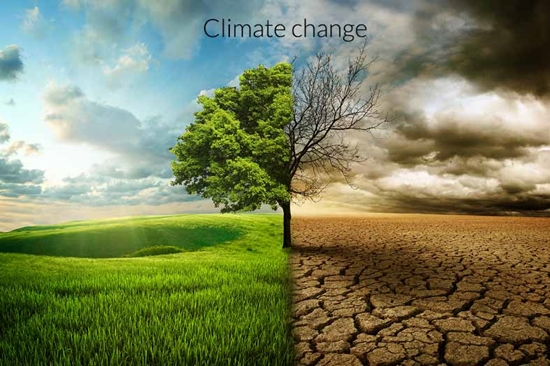WHO demands urgent integration of health in climate negotiations ahead of COP29

The World Health Organization (WHO) has called for immediate action to address the intertwined crises of climate change and health ahead of the 2024 UN Climate Change Conference (COP29) in Baku. In its special report on climate and health, WHO urges world leaders to prioritize health within climate negotiations and policies.
Dr. Tedros Adhanom Ghebreyesus, WHO Director-General, emphasized that the climate crisis is a health crisis, labeling the inclusion of health considerations in climate action as both a moral obligation and a strategic opportunity. The report, developed with input from over 100 organizations and 300 experts, identifies critical policies aimed at protecting populations, especially the 3.6 billion people most vulnerable to climate impacts.
Key recommendations from the report include:
1. Prioritize Human Health: Make health and well-being the primary measure of climate success to enhance people-centred adaptation and resilience.
2. End Fossil Fuel Dependence: Eliminate fossil fuel subsidies and align economic systems with health and environmental protection, investing in cleaner alternatives.
3. Mobilize Financing: Allocate resources to strengthen responsive health systems and support health workers, building resilient health infrastructure.
4. Invest in Proven Solutions: Implement targeted interventions that could save nearly 2 million lives per year and provide substantial economic benefits.
5. Focus on Urban Health: Promote sustainable urban designs with clean energy and improved sanitation.
6. Protect Nature and Biodiversity: Enhance efforts towards restoring nature, recognizing its health benefits.
The WHO also released guidelines for integrating health into Nationally Determined Contributions (NDCs), encouraging countries to incorporate health considerations into their climate policies and actions. This includes enhancing health system resilience, addressing health impacts, and promoting co-benefits in sectors like transportation and energy.
In supporting these initiatives, WHO convenes over 90 countries and numerous partners via the Alliance for Transformative Action on Climate and Health (ATACH) to ensure a unified approach to climate-resilient health systems.
WHO and various health leaders stress that urgent climate action must prioritize health to safeguard both global health and the planet, with calls for increased funding and systemic changes to achieve a sustainable and equitable future.
Copy short link:



Comment